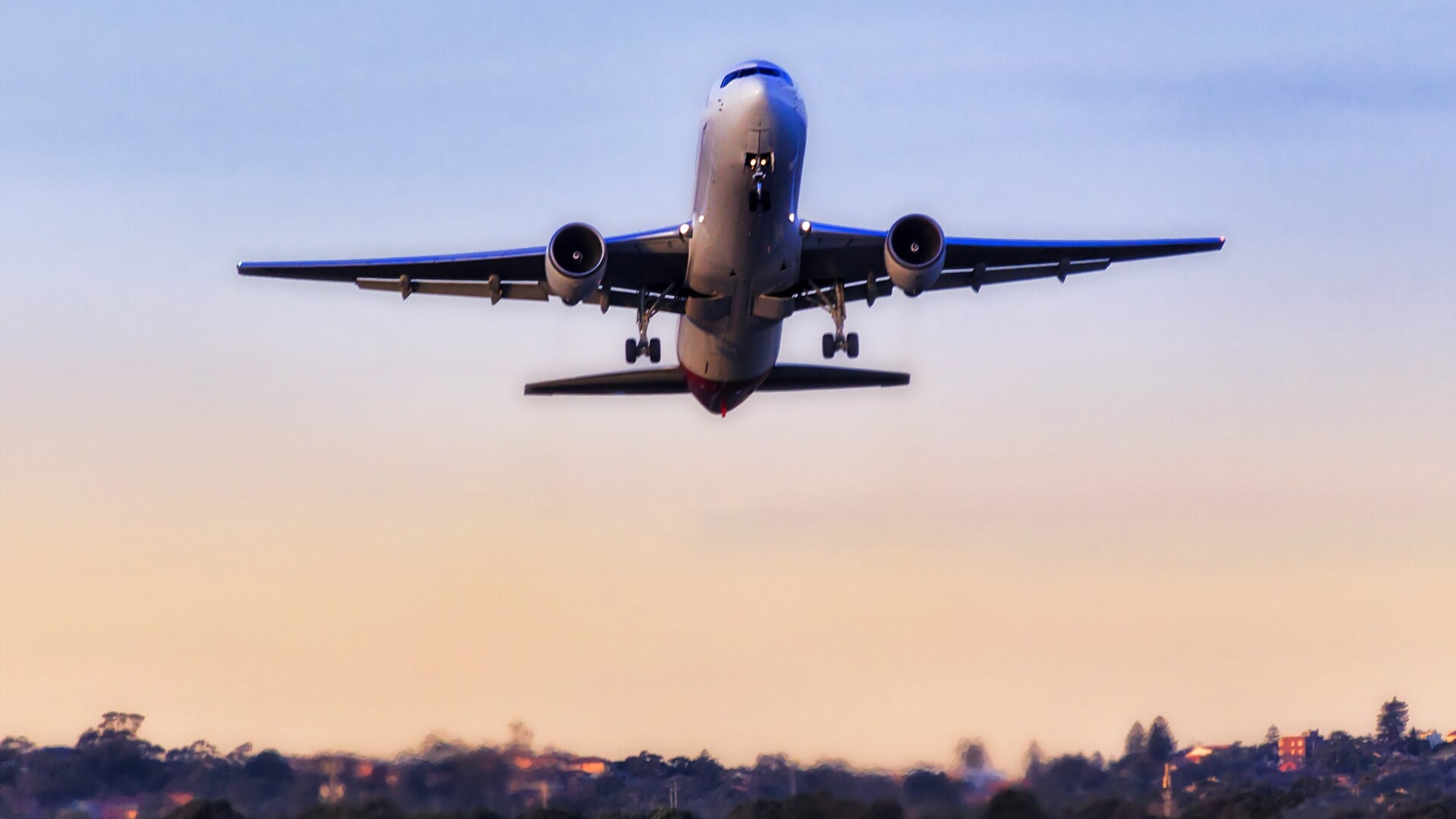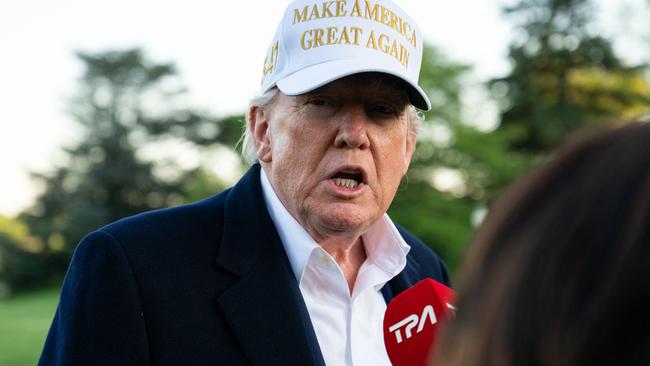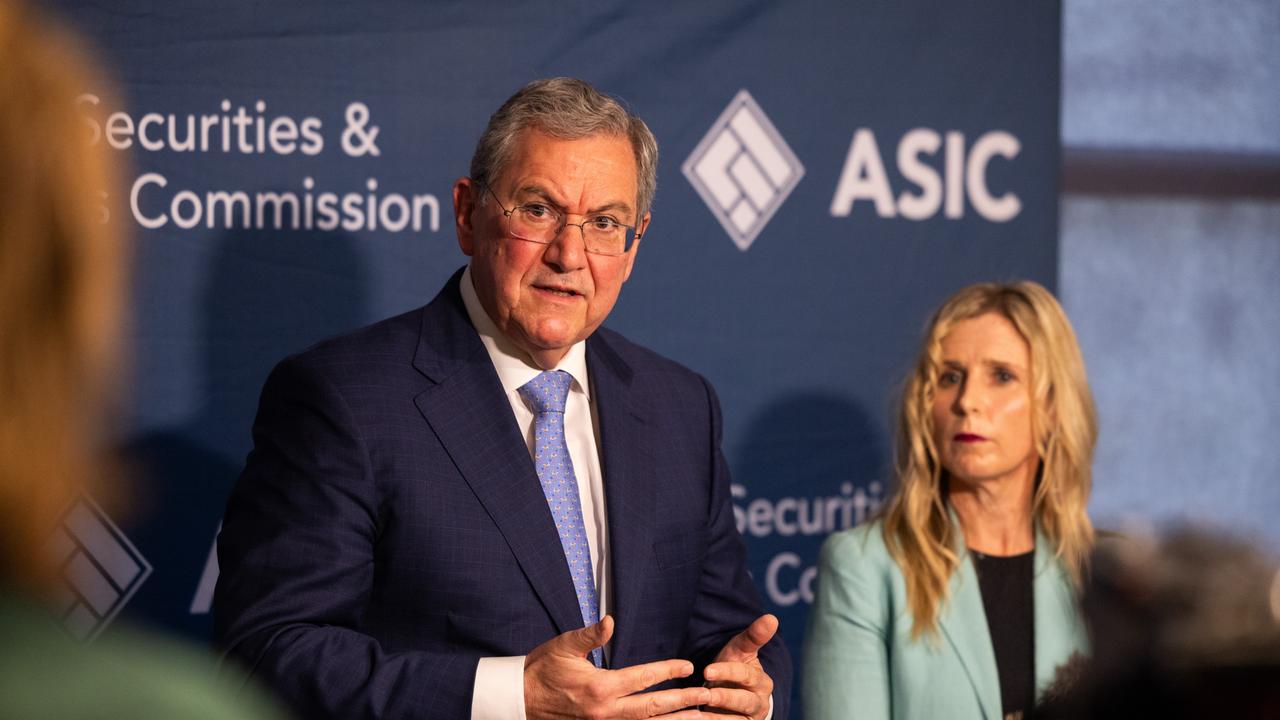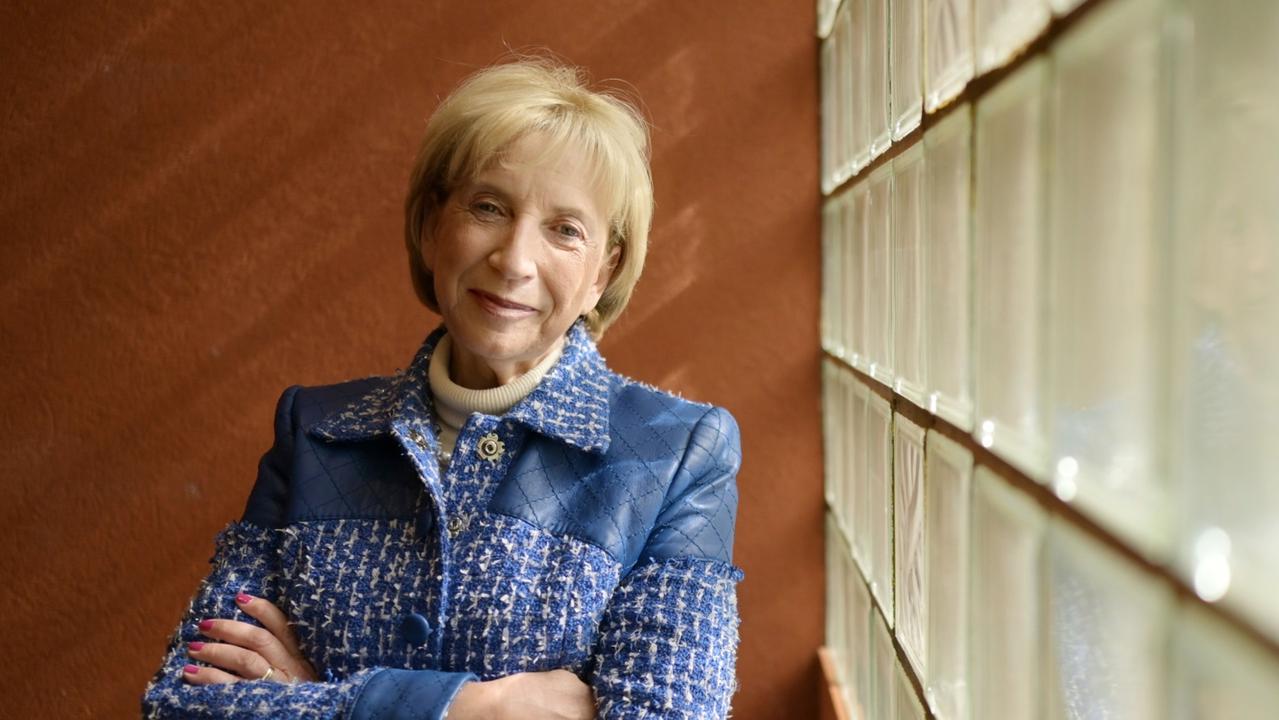Is Donald Trump driving US tourism off a cliff and the travel industry off course?
Flight Centre has blamed US policy changes for wiping up to $105m from its full-year profits. So is Donald Trump changing the way we travel?

Plenty of thought goes into choosing an overseas holiday destination. There’s cost, culture, activities and safety to consider, but it’s pretty rare for politics to enter the equation.
For instance, how many people will travel to Italy and Greece this northern summer without a clue who the countries’ leaders are, or what political party they represent?
The same could be said for the thousands of Australians who arrive in Bali or Bangkok every week, with not a thought given to the government of the day, what they stand for or how they won power. So why should the US be any different?
Suddenly President Donald Trump is being blamed for altering the travel plans of thousands of people, to the point where the profits of travel retailer Flight Centre are being downgraded.
In a statement to the ASX warning as much as $105m could be wiped from its annual result, Flight Centre blamed US policy changes for impacting corporate and leisure sales, and business and consumer confidence more broadly.
The changes referred to were “US trade and entry policies” including the imposition of tariffs on other countries, and tougher border controls designed to keep out illegal immigrants.
Tourism lecturer at the University of Technology Sydney, David Beirman, says it’s unusual for travel decisions to be “based on the occupant of the White House” but Mr Trump appears to be the singular exception.
“Trump unusually has made himself such a big issue that Trump equals the United States right now and that hasn’t happened in the past,” Beirman says.
“You didn’t go the US because John F. Kennedy was president … but Trump has placed himself in a position where he’s decided Trump is the US.”
That might not be such a problem had he not picked a fight with pretty much the rest of the world, around the thorny issue of tariffs.

The imposition of 10 per cent tariffs on US imports originating from other countries, and an additional 125 per cent tariff on goods from China, has understandably caused widespread consternation and economic anxiety.
“When a country like the United States picks a fight with countries like Canada – I mean you couldn’t want for a better neighbour than Canada so why would you pick a fight with them?” says Beirman. “But that’s part of the Trump mystique.”
There’s also the matter of the exchange rate, with the Australian dollar sinking as low as 60c against the US greenback in response to “Liberation Day” when Mr Trump announced his tariff plan. Although the dollar soon returned to 64c, the weak buying power of the Aussie does not give a good value reason to visit the US, where accommodation is expensive to start with, and gratuities of 20-30 per cent make the trip even more cost prohibitive.
“I’ve been to the US on several occasions and it’s a terrific place but it is quite expensive and that’s why we’ve had this drift of travel not only in recent years but in recent months, to Asia and Europe,” says Beirman. “People are going to places where they’ll get more bang for their buck.”

Flight Centre managing director Graham Turner says it’s the general feeling of uncertainty that’s been the biggest killer of confidence in US travel.
US government data shows overseas visitors dropped by 12 per cent in the year to March, and domestic travel fell 4.2 per cent.
Turner says the greatest impact to his company has been the reduction in corporate travel, as businesses tighten their belts.
“It almost doesn’t matter where you are, business travel has dropped off,” says Turner. “That’s what we’re seeing, particularly in Europe, in the UK and obviously from Canada to the States – that’s fallen off a bit of a cliff.”
On the question of border entry in the US, Turner says his best advice is to get documentation “absolutely in order, which you should do anyway”.
Beirman suggests reports of travellers being given a tough time on entry may be “more perception than reality”, pointing out there have always been some difficulties coming into the US especially if the visitor has any past connection to the Communist Party or Nazis.
“Because of the current situation, those sorts of problems are being given a lot more prominence than they probably would have,” he says. “We’re very strict about our border controls in Australia too, but because we’re not in the middle of a trade war with the rest of the world nobody pays much attention to that.”
More Coverage
Originally published as Is Donald Trump driving US tourism off a cliff and the travel industry off course?





